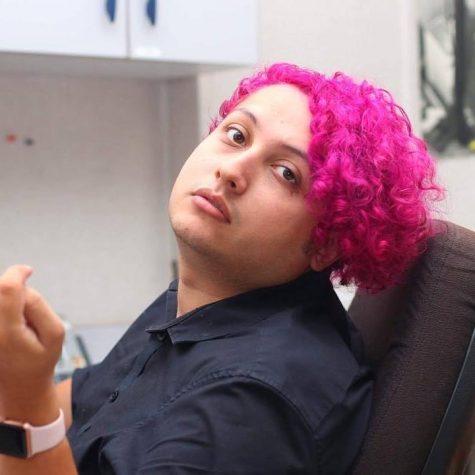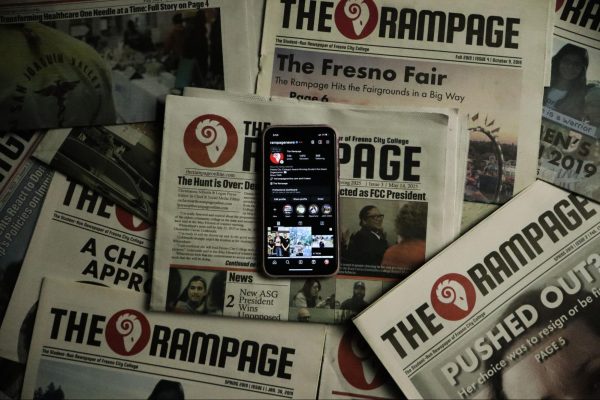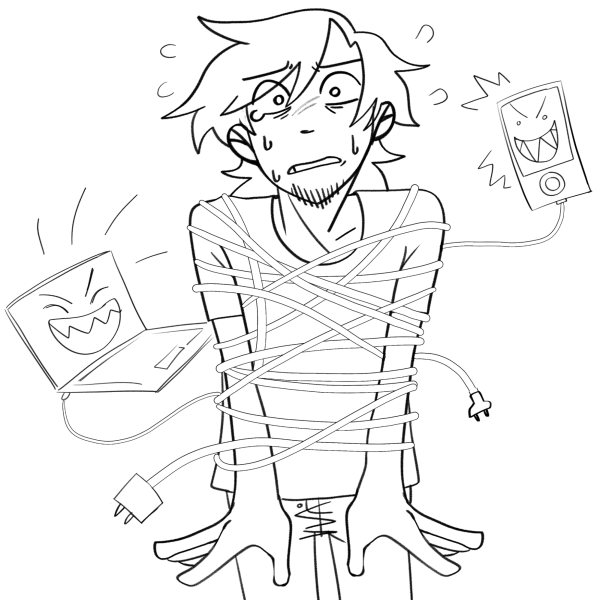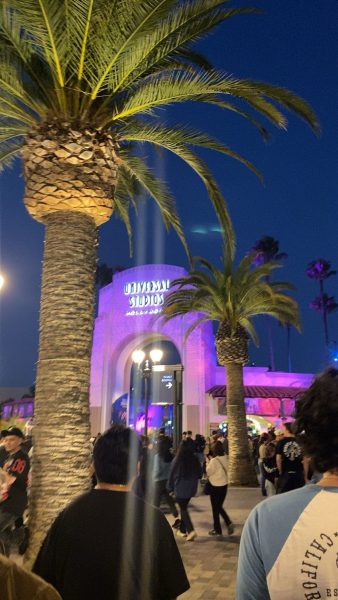The Tea: Editing
Hey sweets.
So the New York Times ran an excerpt of “The Education of Brett Kavanaugh,” a nonfiction book about the supreme court justice’s school life and possible history of sexual assault, in their opinion section on Saturday, Sept. 14.
The excerpt was reworked into an essay called “Brett Kavanaugh Fit In With the Privileged Kids. She Did Not.” The essay concerns Deborah Ramirez, a Yale student and one of Kavanaugh’s classmates.
The essay made news when it revealed that not only had Kavanaugh exposed himself to Ramirez, an eyewitness said that he saw Kavanaugh at a dorm party put his penis into the hand of another, second female student.
This would make Stier the third person to accuse Kavanaugh of sexual assault. This incident was previously unreported.
But the authors of the book quickly came under fire when it was revealed that crucial pieces of information had been left out of the essay–mainly that the unnamed woman had told numerous friends that she didn’t remember the incident occurring.
In an interview with the View, author and Times reporter Kate Kelly said that the excerpt was edited for length and clarity. “This key detail, about the fact that the woman herself has told friends she doesn’t remember it and has not wanted to talk about it got cut. And it was an oversight.”
Robin Pogrebin, the second author, described the editing process as iterative, with numerous drafts. She said it occurred because the sentence that described her inability to recall the incident also included her name. The New York Times has a tradition of not naming victims of sexual assault, and the opinion editorial board decided to omit the entire sentence, losing a great deal of crucial information.
These are the choices the girls make in the newsroom of the Times, the Bee, and even the Rampage. An editor’s job is not to hit the pavement, get interviews and synthesize information–although at the Rampage we often do–it’s to refine and restructure the work of our reporters.
Ideally, we work to make pieces better. But here’s the tea–we often weren’t there for the interview, and we don’t have the complete and total grasp of the subject matter that the assigned writer does.
Nobody knows the characters and concepts of a story better than the writer. When they’re set onto a beat they spend hours building a relationship with sources. They get to know them on a level that editors can’t, to say nothing of the time spent pouring over documents and research.
Still, we editors have to make judgement calls about articles. We’re working off of what’s on the page, not the years of context and research that the writer read, heard and used.
It’s actually a lot of responsibility. One wrong move and suddenly we’ve misreported the news, we’ve misrepresented our sources or we’ve removed a crucial piece of information.
Editors are just people, and the history of our world is people making mistakes, forever. Still, editors are essential, not just because we catch little grammar mistakes and missing periods, but because we’re a second set of eyes. We try to catch every implication and correct every part of the record before our first readers even set eyes on the article.
But more than that, we guide.
For all the care that a writer has with her story, she can sometimes fall too deeply into it. She can get lost. The characters begin to outnumber her, the statistics close in on her like walls, and the pressure of writing–to make the perfect piece, to represent the truth–can swallow her like a vast darkness.
So, editors. We pump the breaks. We fact check. We smooth it out. We ask the questions. Why include that paragraph? Why use that word instead of this? Why not move this section up and that section down? This framing device is cool, but is it necessary?
We take a monumental task and we break it into manageable pieces. That is our work.
The reporters who literally wrote the book on Kavanaugh didn’t have malicious intent when they removed that piece of information–they just had an editorial board that wasn’t reading closely enough.

Tommy Tribble is the 25-year-old editor in chief of the Rampage, formerly the opinion editor. Tommy is an English major, a writer, an aspiring novelist,...







